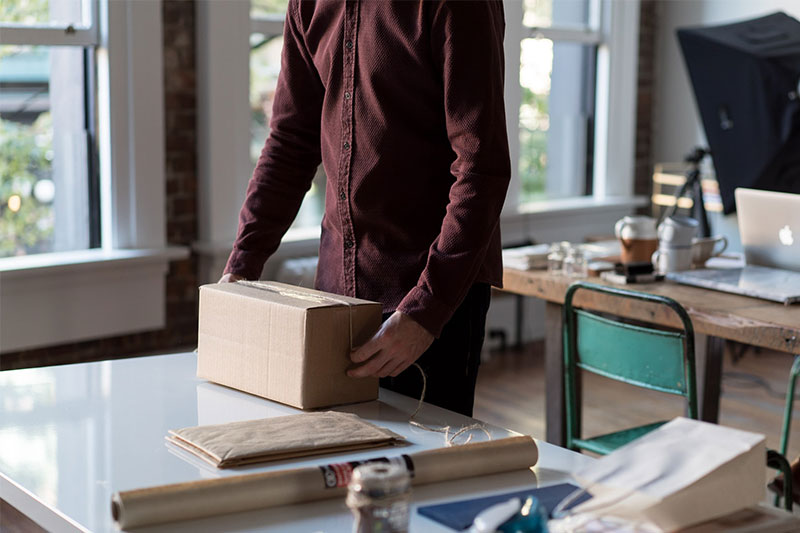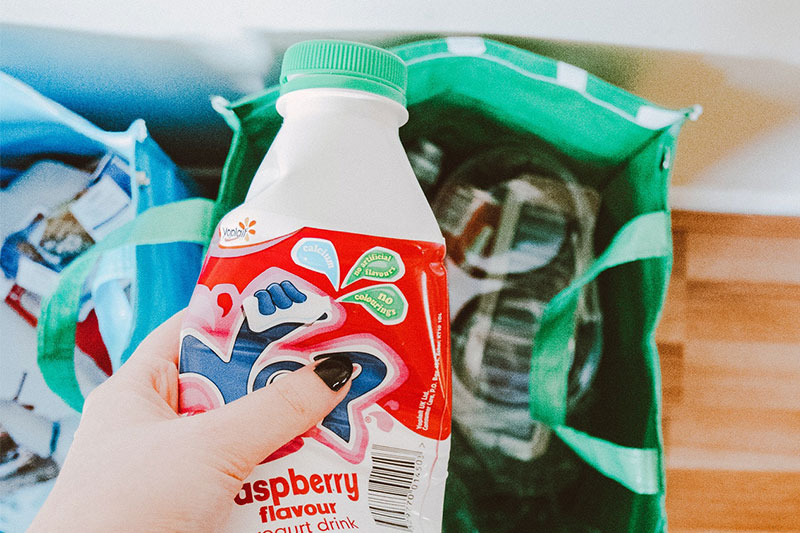Building a sustainable business could help you improve customer and employee loyalty and promote long-term growth. Here are 7 ways to start.
Adopting ‘green’ business practices is quickly becoming an imperative for companies across the globe. Aside from the obvious benefits to the environment, businesses that embrace sustainability can also improve customer and employee loyalty, build competitive advantage and are more likely to stand the test of time, statistically speaking. Admittedly, as a small business, pledging to become 100% carbon neutral may not be realistic, but that doesn’t mean that incorporating environmentally-friendly practices necessarily has to be expensive or time-consuming. On the contrary, even little steps can have a big impact on your company’s footprint. Here are 7 simple yet effective ways your business can become more sustainable in the long-term.
Scrutinise your supply chain: Practice green procurement & upcycling
Carefully evaluate every aspect of your supply chain to identify potential inefficiencies, loopholes and upcycling opportunities. This is arguably easier for smaller businesses as they face less bureaucratic tape. One of the most effective ways small businesses can become more environmentally-friendly is by practising green procurement: sourcing goods and services that are produced and supplied in a sustainable manner. Sourcing from local suppliers is a great place to start as it reduces transit distance and related carbon emissions, whilst also benefiting the local economy. Another popular area to focus on is recycled or second-hand office supplies and furniture. Computer manufacturers such as Dell and HP have technology recycling programs that allow credit for trade-ins on used equipment and donation programs for charities.
Rethink your packaging
Does your business involve sending items out to customers? Plastic packaging is the main source of plastic pollution in oceans and is expected to exceed the weight of all fish by 2050 if we continue at our current rate. Consider adopting a more circular approach by looking into recycled, biodegradable alternatives instead of the usual plastic, such as cardboard, plant-based wrappers and even plantable paper. Of course, this is easier said than done as plastic packaging is often the cheapest option; but it’s one that customers will ultimately notice and accredit you for in the long-run.

Get your customers involved
Abandon one-sided broadcasts and try to take a more interactive, participatory approach to sustainability communications through ideas crowdsourcing, user-generated content and fun challenges. You’re sure to get lots of innovative ideas – plus, getting your customers more involved will boost engagement too!
Cultivate an eco-minded office culture by making recycling a part of normal procedures
A sustainable business strategy should start from within. To help empower employees to see their own ability to affect positive change, you should educate your team on carbon accountability by making it personal and accessible, and encourage input on fun waste-saving ideas for the workplace. Some ideas might include: setting up easily-available recycling and composting bins, encouraging employees to bring their own refillable water bottles, creating monthly green challenges, buying used or refurbished office products, and educating staff on sustainability issues with informational brown bag lunches. When employees understand why they are being told to change long-time habits, they are more likely to promote new eco-conscious policies that benefit the business as a whole.
You might also like 5 Sustainable Changes You Can Make At Home

Cut down on travel
Modern transportation modes are among the largest sources of greenhouse gas emissions. Encourage your employees to walk, bike or carpool to work by offering incentives such as preferred parking, reward schemes and providing spaces to change and shower. When it comes to air travel, there’s no way around the fact that flights are bad news for the environment. But thanks to video-conferencing platforms like Zoom and Google Hangouts, we are now able to connect instantaneously with colleagues and clients from across the globe, removing the need for expensive, time-consuming travel altogether. But if you really, really have to fly, try to book the more fuel-efficient economy seats on direct flights, or consider buying flights on websites such as FlyGRN, which offsets a flight’s CO2 emissions for free.
Embrace remote working
Of course, the best way to reduce business travel emissions is by not travelling at all. Allowing employees to work from home offers a straightforward solution to cutting excess real estate and energy usage (e.g. lighting, heating, air conditioning, running computers and idle printers, etc.), as well as reducing commuter emissions – a substantial part of a business’s carbon footprint. Further benefits include increased employee happiness, productivity, and retention. This means that businesses can build a thriving workforce whilst still playing their part for the environment. Wherever possible, host video conferences and webinar training sessions to save the cost of making business trips.

Get third-party certification & build sustainable partnerships
Becoming a certified ‘B Corp’ (Benefit Corporation) is one of the powerful ways a small business can differentiate itself from the crowd and galvanise its commitment to corporate social responsibility. Administered by B Lab, a sustainable business must undergo a rigorous process that takes into account how your business model impacts your workers, community, environment and customers. Any business – be it a startup or global conglomerate – can apply for B Corp certification, with the exception of those with less than 12 months of operations as the assessment looks at a company’s past fiscal year. That said, younger companies are still eligible for ‘Pending B Corp Status,’ an equally reputable emblem of achievement. With over 3,200 adherents across 70 countries, B Corp certification also opens up countless growth and partnership opportunities, and grants access to a sprawling network of like-minded people for sharing best practices and resources.
Related Articles
6 Green Podcasts to Inspire You to Be Sustainable





